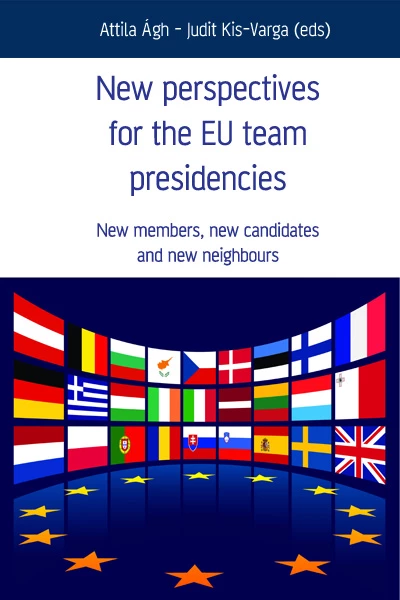
The ‘definition’ of Europe is a social construction that has been transformed historically several times and nowadays it has been in the midst of hot debates. The ESPON 2007 publication ‘Europe in the World’ when it provides a vision about the future of the EU in a global overview, it raises also the question about the definition of Europe in the following way: ‘The division of the World into continents is not an objective scientific reality but a social and historical production, established by Europe and for Europe when it was a dominating power in the World. (…) The analysis of ‘continentality’ does not provide a clear delineation of the Europe continent (…) Objective scientific methods can therefore support different definitions of ‘Europe’ (…) But they can not decide which one is the best from a political point of view.’ (ESPON, 2007:4). Similarly, the ‘definition’ of the EU has been even more a social construction that has changed radically after each wave of enlargement. After the Eastern enlargement from the EU15 to the EU27, however, this definition has changed beyond recognition. At the earlier enlargements the subsequent redefinitions of the EU were present-oriented as conceptual frameworks for the existing Union. With the Eastern enlargement the EU seems to have reached its internal and external limits for a long time, neither widening nor deepening cannot continue as before. Nowadays the EU needs a new, future oriented definition. The EU is not ‘given’, it has be ‘reinvented’ or redefined, and this new definition as a social construct depends on our decision or on our vision where to go.
Ezekkel együtt is megveheted